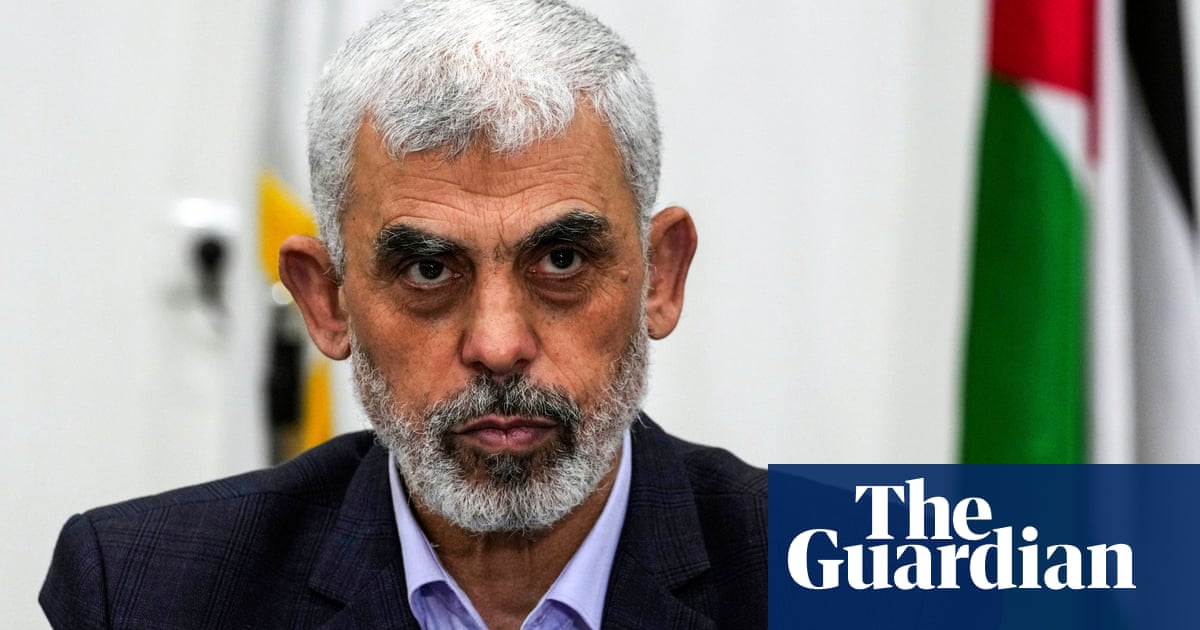When the leader of Hamas in Gaza, Yahya Sinwar, launched his devastating assault on Israel on 7 October, the militant group’s exiled leadership, like the rest of the world, was apparently caught unawares.
From plush penthouses in Beirut, Doha and Istanbul, they watched the carnage that killed 1,200 Israelis unfold, as well as Israel’s retaliatory campaign on the Gaza Strip. In the past four months Israel has killed an estimated 27,600 people, displaced 85% of the 2.3 million population and razed more than half of the besieged Palestinian territory’s infrastructure.
In the early days of the war, while Sinwar’s cadre was calling on Arab peoples across the Middle East to join the fight against Israel, the Doha-based chair of Hamas’s political bureau, Ismail Haniyeh, appeared to focus on damage control. Talks mediated by Egypt, Qatar and the US resulted in a ceasefire and hostage and prisoner swaps at the end of November that lasted seven days before collapsing.
Now, it seems that those roles have reversed. According to reports, it is Sinwar and his men, exhausted from the fighting, who want to reach a temporary truce deal, and Haniyeh’s office that is demanding more concessions and holding out for a complete Israeli withdrawal.



This is the best summary I could come up with:
When the leader of Hamas in Gaza, Yahya Sinwar, launched his devastating assault on Israel on 7 October, the militant group’s exiled leadership, like the rest of the world, was apparently caught unawares.
In the early days of the war, while Sinwar’s cadre was calling on Arab peoples across the Middle East to join the fight against Israel, the Doha-based chair of Hamas’s political bureau, Ismail Haniyeh, appeared to focus on damage control.
According to reports, it is Sinwar and his men, exhausted from the fighting, who want to reach a temporary truce deal, and Haniyeh’s office that is demanding more concessions and holding out for a complete Israeli withdrawal.
Such splits in opinion are not uncommon among militant organisations that are geographically scattered, but conflicting messages from the group in recent weeks regarding the talks have added to a sense that internal obstructions may have played a large role in holding up a deal.
A major sticking point appears to be how many and which Palestinians will be released, with the Wall Street Journal reporting that Hamas’s political wing is asking for almost 3,000 prisoners in exchange for just 36 Israeli civilians.
It is possible Netanyahu could be stalling for his own political survival: elements of his far-right coalition are steadfastly opposed to any kind of ceasefire deal, believing it will weaken Israel’s position in the long run, and have threatened to collapse his government.
The original article contains 908 words, the summary contains 236 words. Saved 74%. I’m a bot and I’m open source!